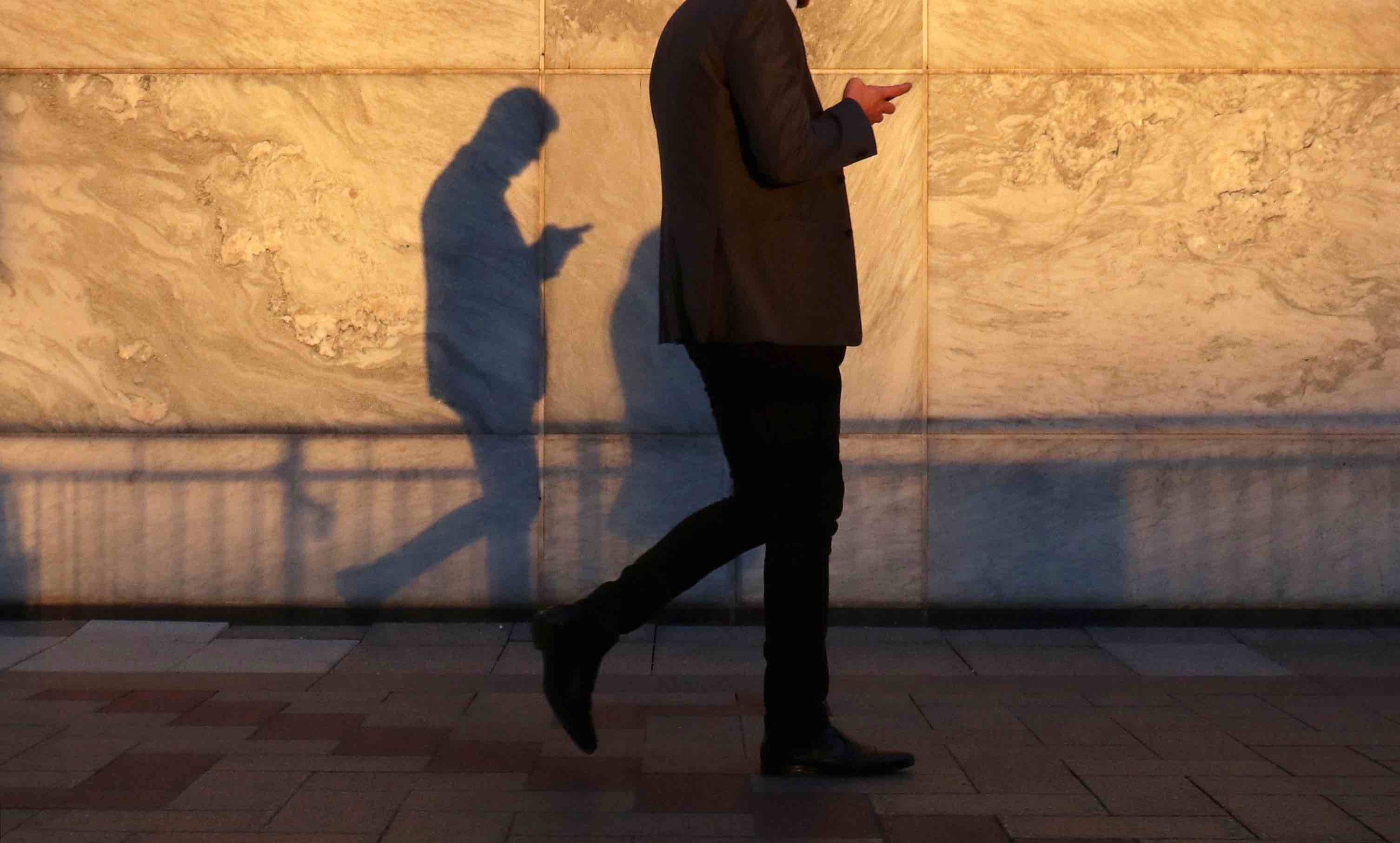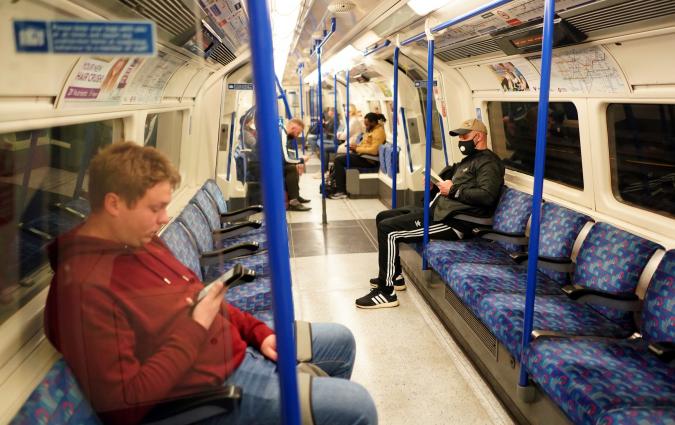In this piece
How news feels: anticipated anxiety as a factor in news avoidance and a barrier to political engagement

A man walks in London's Canary Wharf. REUTERS/Russell Boyce
In this piece
More on this topicPublished in: Political Communication
This paper explores how the preconceptions of lower- and middle-class people in the UK shape the way they engage with the news.
Abstract: This study uses an inductive, qualitative approach to examine the perspectives of lower- and middle-class people in the United Kingdom who regularly access little or no professionally-produced news. Findings suggest that people’s preexisting perspectives about what news is (anxiety-inducing) and offers for them (little practical value) play an important role in shaping attitudes toward news and subsequent behaviour. These perspectives highlight the importance of emotional dimensions of news use beyond its presumed value as a source of information. While political communication scholarship has often treated news consumption as the cornerstone of good citizenship, we find avoiders hold uneven, weakly internalised norms about a perceived duty to stay informed, in part because they anticipate news will make them anxious without being relevant to their lives, resulting in limited engagement with news, and by extension, civic and political affairs. Promoting more informed societies requires grappling with these entrenched perspectives.
- How and why news avoidance has grown so much in the last few years: explore our Digital News Report 2022
- The trust gap: how and why news on digital platforms is viewed more sceptically versus news in general
- Overcoming indifference: what attitudes towards news tell us about building trust
- Listening to what trust in news means to users: qualitative evidence from four countries
- How news avoidance grew in the UK over the pandemic
In every email we send you'll find original reporting, evidence-based insights, online seminars and readings curated from 100s of sources - all in 5 minutes.
- Twice a week
- More than 20,000 people receive it
- Unsubscribe any time




